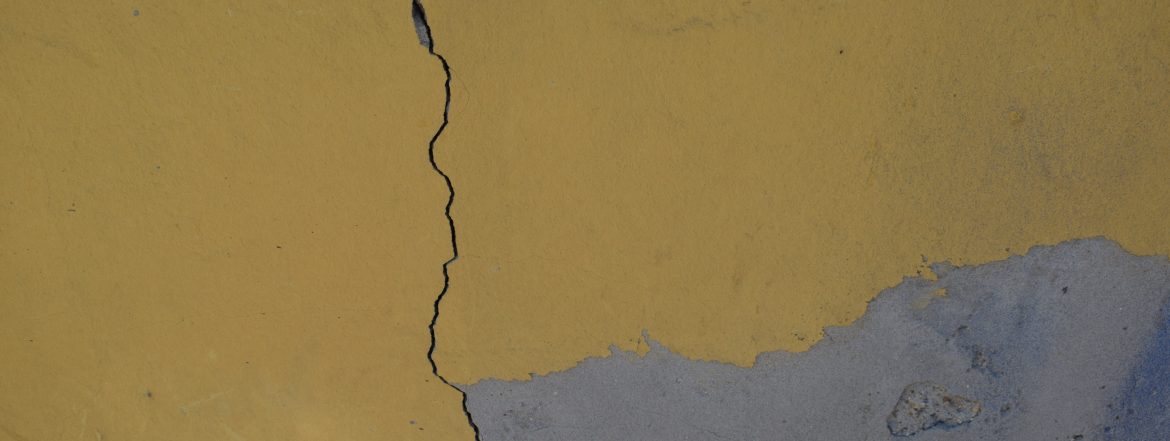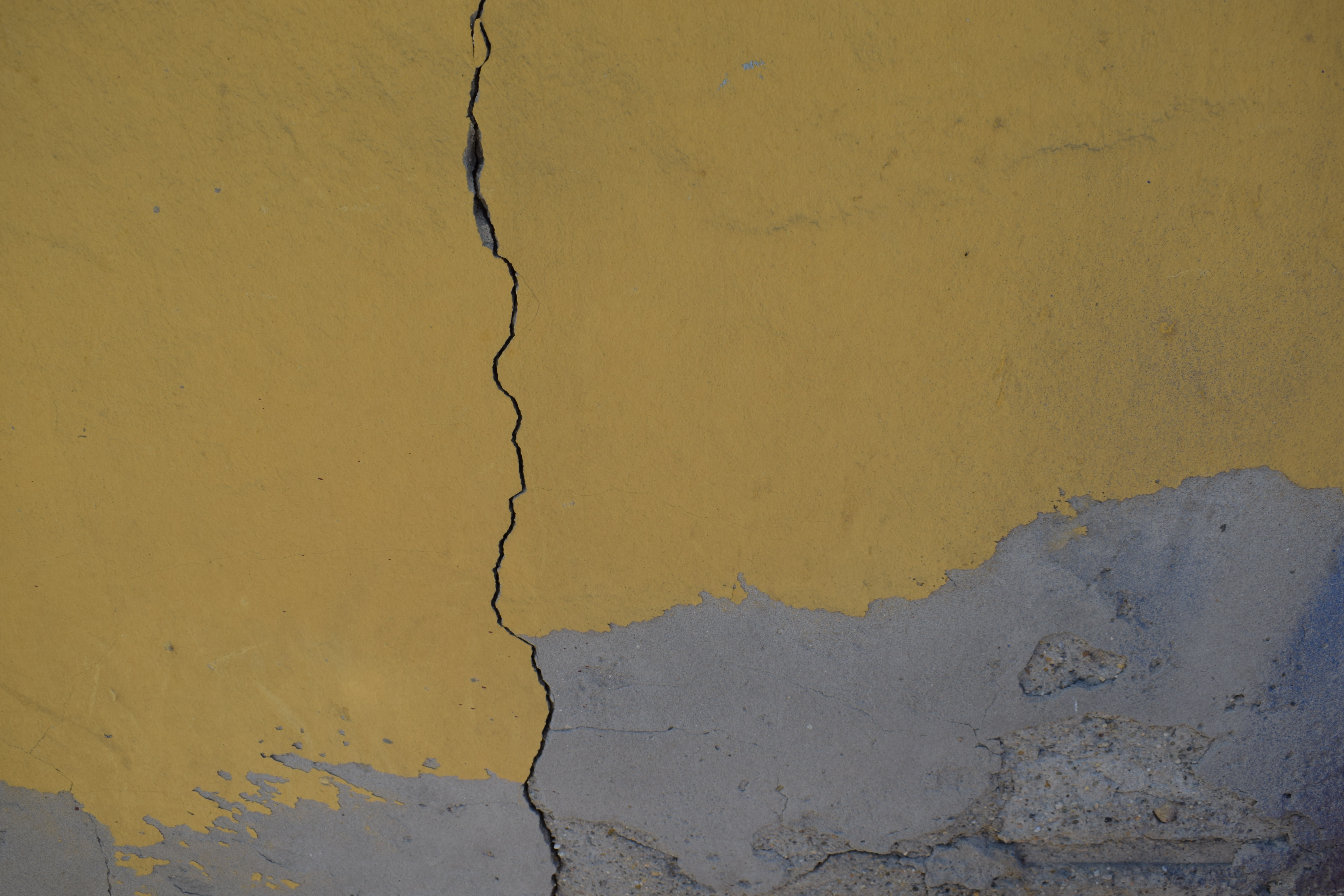Said’s Palestine
Jun 1, 2021 / 12:00–1:30 pm
Zoom Webinar
Nadia Abu El-Haj, Barnard College and Columbia University
Esmat Elhalaby, UC Davis
Saree Makdisi, UC Los Angeles
Nadera Shalhoub-Kevorkian, Hebrew University
Judith Butler, UC Berkeley
“Said’s Palestine” engaged in an analysis and discussion of contemporary conditions in Palestine through the terms of analysis Edward Said’s corpus of work offers us. The discussion ranged over what Said’s terms enable in analysis and comprehension of the immediate and longer term causes, their limits in accounting for these conditions, and ways to think about possible futures.
In the background:
Nadia Abu El-Haj, The Genealogical Science: The Search for Jewish Origins and the Politics of Epistemology
Timothy Brennan, Places of Mind: A Life of Edward Said
Judith Butler, The Force of Nonviolence
Esmat Elhalaby, “The World of Edward Said”
Saree Makdisi, “Apartheid / Apartheid / [ ]”; “The Architecture of Erasure”
Edward Said, “Permission to Narrate”; The End of the Peace Process: Oslo and After; “The Idea of Palestine in the West”; “The Intellectual Origins of Imperialism and Zionism”; Out of Place: A Memoir; “Zionism from the Standpoint of its Victims”
Statement from Gender Studies Departments In Solidarity With Palestinian Feminist Collective
Sherene H. Razack, Dying From Improvement: Inquests and Inquiries into Indigenous Deaths in Custody
Nadim N. Rouhana and Nadera Shalhoub-Kevorkian (editors), When Politics are Sacralized: Comparative Perspectives on Religious Claims and Nationalism
Joan Wallach Scott, On the Judgement of History
Nadera Shalhoub-Kevorkian, Incarcerated Childhood and the Politics of Unchilding


